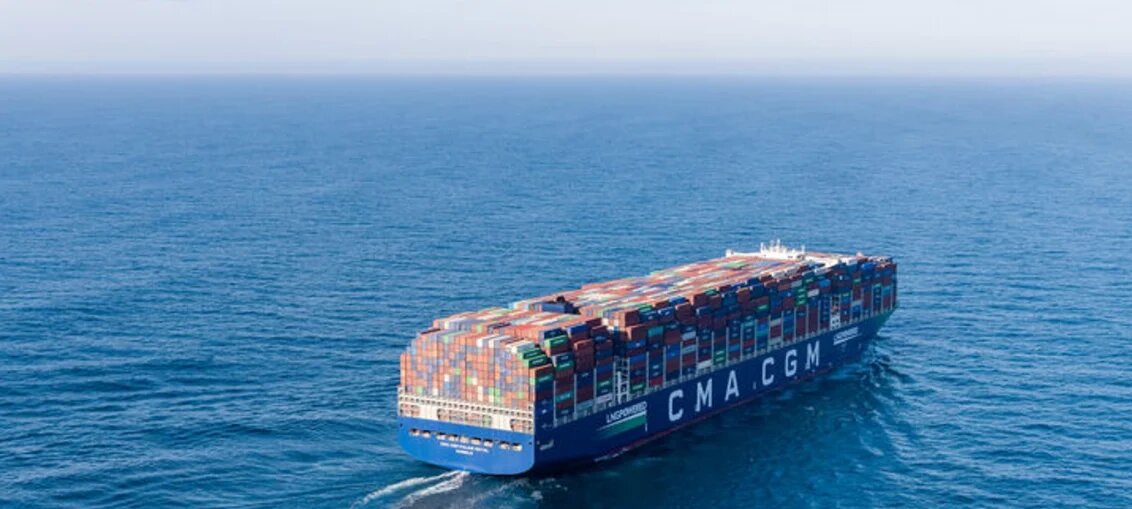According to a top official of Greek shipping firm Angelicoussis Group, unusual congestion at the Panama Canal might eventually result in delays in Egypt’s Suez Canal, possibly impacting cargoes containing liquefied natural gas.
Suez is going to require a lot more vessels as a result of the Panama problem, said Sveinung Sthle, the company’s deputy CEO, at an Athens conference. That means waiting times on both ends probably will increase.
A lack of rain has caused an important lake at the Panama Canal to dry up, causing delays in shipments via one of the world’s most significant waterways. The consequent delays have already disrupted global business, causing some ships to circumnavigate South America.
The Suez Canal, an alternative route for warships sailing between the United States and Asia, has managed congestion difficulties successfully over the years, making it less of an issue, but clearly, it’s something you have to be aware of, according to Sthle. Suez has a bigger capacity than the Panama Canal, allowing for more ships each day.
Angelicoussis Group, founded in 1947, caters to the oil, gas, and dry cargo markets. Per Clarkson Research Services Ltd., a subdivision of the world’s largest shipbroker, it is Greece’s largest shipping firm, with a fleet of 29.5 million deadweight tons of transportation capacity.
LNG Risks
Støhle explains that because there is a backlog at the Panama Canal, only enterprises with pre-booked slots would be able to access the waterway.
According to him, only four or five LNG vessels traverse the canal each month, down from one a day preceding the crisis.
Prolonged congestion could contribute to a tighter vessel market as the world’s need for fuel grows. According to Sthle, it takes two vessels to transport a million tons of LNG from the USA to China.
If it is not possible to go via the Panama Canal, then one more ship will need to be added for the same volume, he went on to say. But the question is where to get the ships? That’s going to be difficult.
Europe, in particular, has become increasingly dependent on LNG as pipeline gas from Russia, the region’s former leading supply, has been phased out.
A statement from Maria Angelicoussis, the firm’s chief executive officer, mentions that this should continue for the next three or four years, albeit the actual long-term need as the fuel will be in Asia, necessitating more ships to travel greater distances.
While fresh vessels are being built, many older steamboats are being phased out. She stated that the market will be in balance, if not tight, at the same event.
Reference: Economic Times






